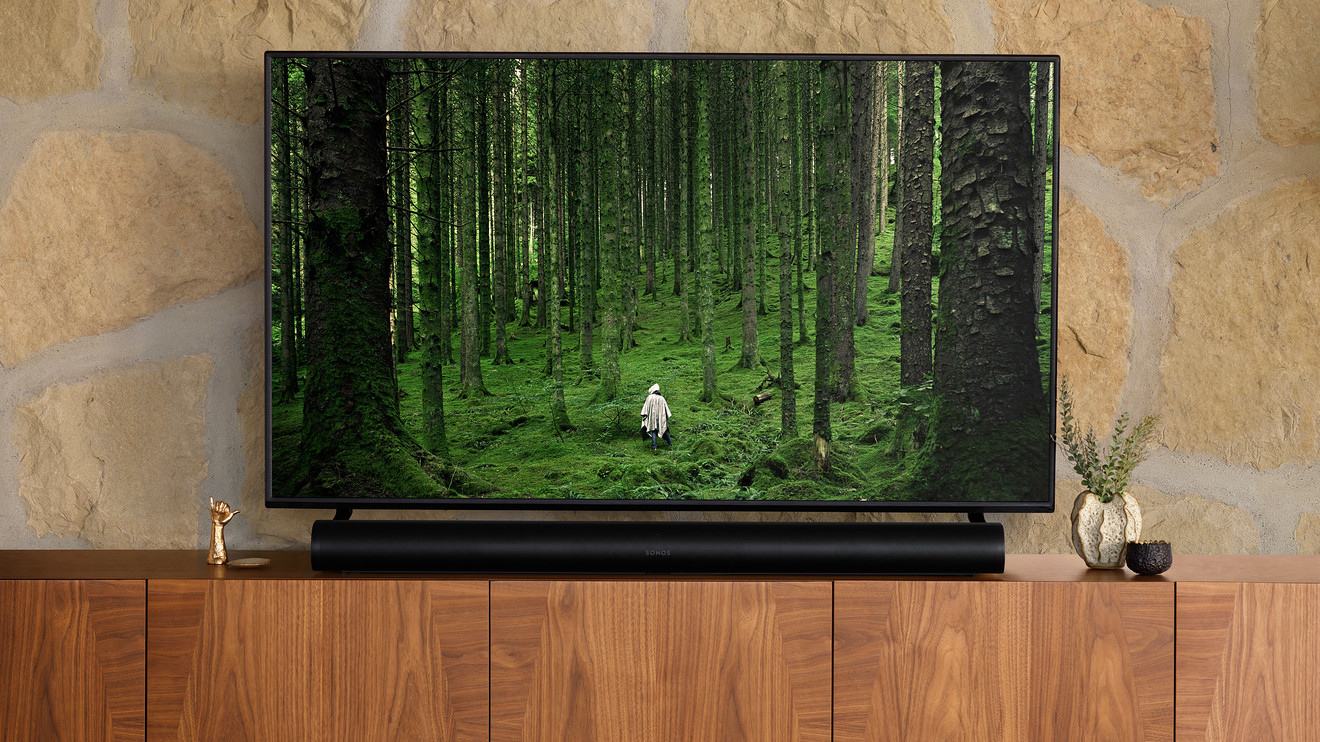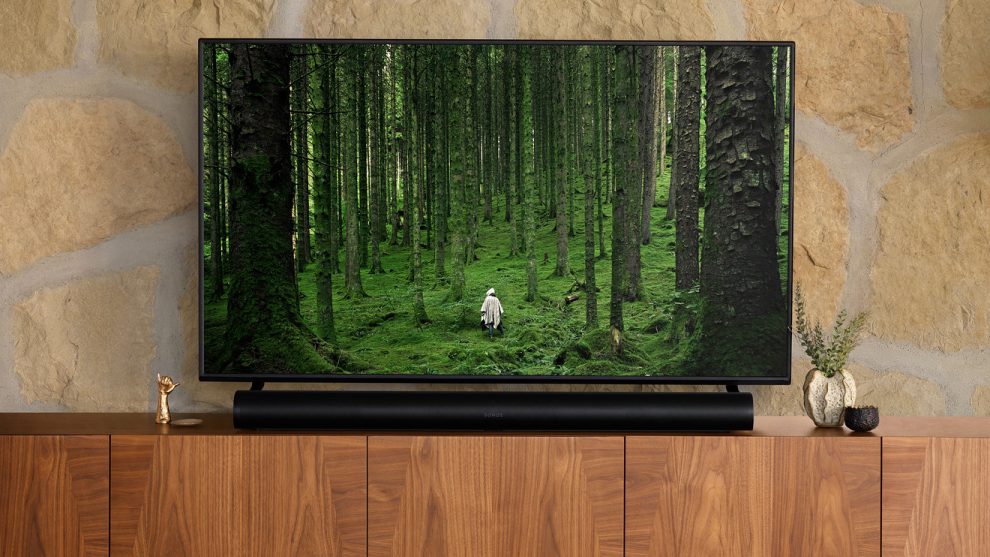
Sonos Inc. losses more than doubled in the March quarter as COVID-19 outbreak forced the closure of physical stores and complicated inventory-rebalancing efforts at one of Sonos’ large retail partners, according to a Tuesday afternoon report that sent shares down.
The speaker manufacturer posted a fiscal second-quarter net loss of $52.3 million, or 48 cents a share, compared with a loss of $22.8 million, or 22 cents a share, in the year-earlier quarter. Analysts surveyed by FactSet were expecting a 28-cent GAAP loss per share. Sonos SONO, +3.71% revenue declined to $175.1 million from $210.2 million, while analysts were projecting $206 million. The speaker business was especially hard hit, with revenue down 27% to $116.4 million.
Shares fell 8% in after-hours trading.
The fiscal second quarter is “typically a quarter where retailers do some inventory rebalancing, but then COVID-19 hit and we didn’t see the kind of replenishment we normally do,” Chief Executive Patrick Spence told MarketWatch in an interview Tuesday.
Sonos is focusing more on direct-to-consumer, or DTC sales through its own website given uncertainties about when stores will reopen and what consumer behavior will be like once that happens. DTC sales increased 400% in April from a year earlier and helped drive an improvement in business trends relative to March.
Overall, the company expects that April sales dropped 5% from a year prior, compared with a 17% decline in the March quarter.
“In any kind of crisis like this, you see trends accelerate that were already underway,” Spence said. “DTC will grow and be a bigger part of the business through this.”
While Sonos typically sees a portion of its business come from installers who help with home theater products, Spence said that customers appear more likely to buy these sorts of products online now, that there’s growing interest in improving television sound quality from people who are home all day and streaming more video content.
Sonos is seeing early positive feedback for its Sonos Radio product, which launched in late April, Spence said. The service lets Sonos owners listen to traditional radio stations and company-created ones as Sonos explores the audio-advertising market.
The company also announced three new products Wednesday: the Sonos Arc, the Sonos 5 and the third-generation Sonos Sub. Spence said that the company considered whether it was appropriate to proceed with device launches during the pandemic, but saw opportunities for these new products as people look to improve their sound quality at home.
The Arc is a premium voice-enabled sound bar that plays television audio as well as music. It features support for Dolby Atmos and comes in both matte black and matte white color schemes. Sonos says that the Arc contains 76,000 holes and offers 270-degree surround sound as well as the ability to sense where it is in a room or whether it’s mounted to the wall. The Arc launches June 10 and will cost $799. It replaces the company’s current Playbar and Playbase.
The new Sonos Sub is an updated subwoofer that gives added bass when it’s wirelessly connected to a Sonos speaker. The device offers improvements in memory and processing power. It becomes available June 10 for $699, with preorders starting now.
The Sonos Five is an upgraded version of the Sonos Play:5, a speaker that supports vinyl and can be connected to a record player. It can be paired with another Five for stereo separation. Available in white or black, the Sonos Five will sell for $499. Preorders begin now and the device will be available June 10 as well.
Sonos saw adjusted earnings before interest, taxes, depreciation, and amortization (Ebitda) of $28.4 million in the quarter, compared with a loss of $2.8 million a year prior. Excluding the impact of tariffs, Sonos would have posted an adjusted Ebitda loss of $22.1 million, the company said in its letter to shareholders. Analysts were modeling a loss of $13.7 million.
Sonos shares have declined 37% over the past three months as the S&P 500 SPX, -0.69% has dropped 14%.










